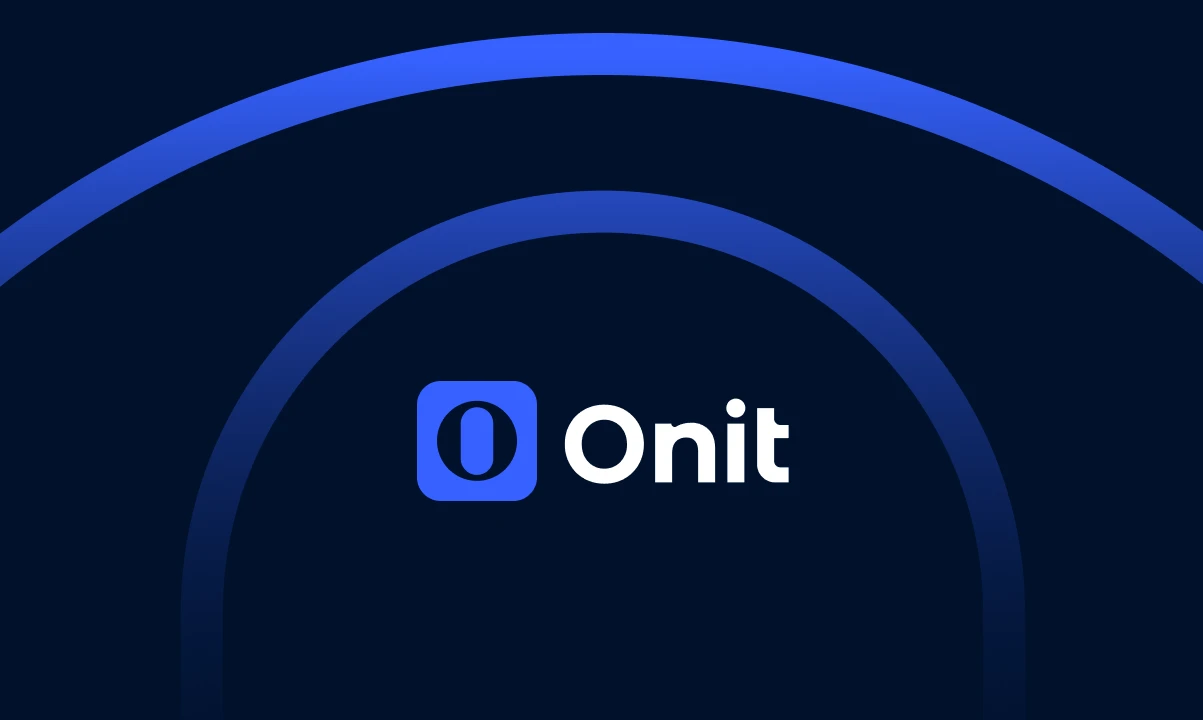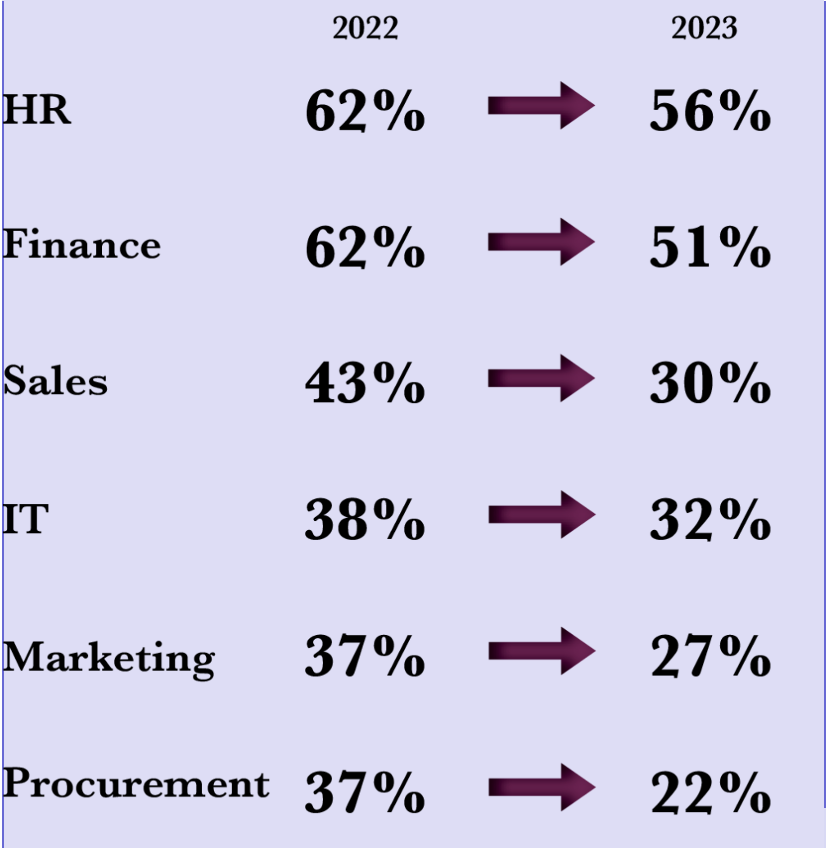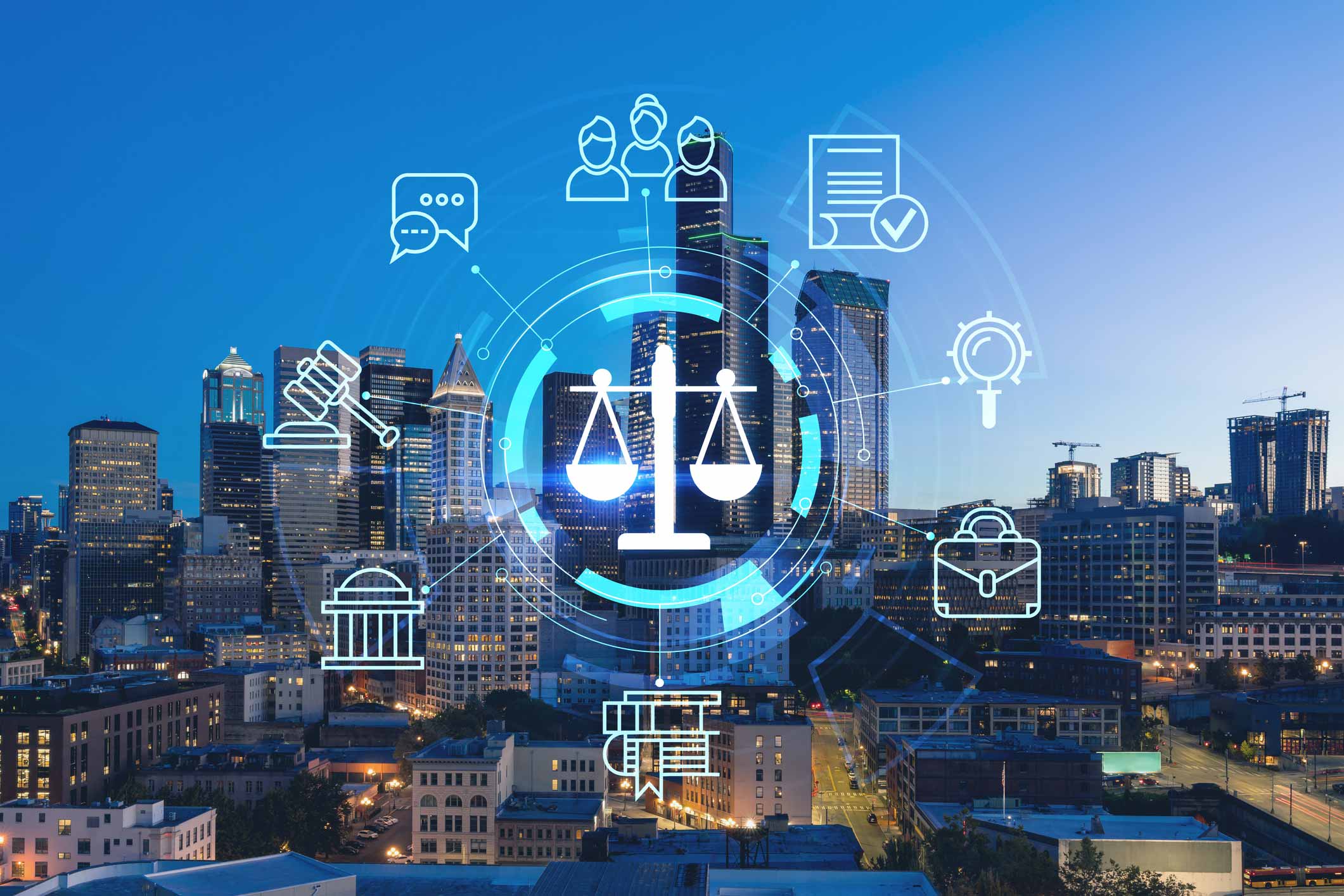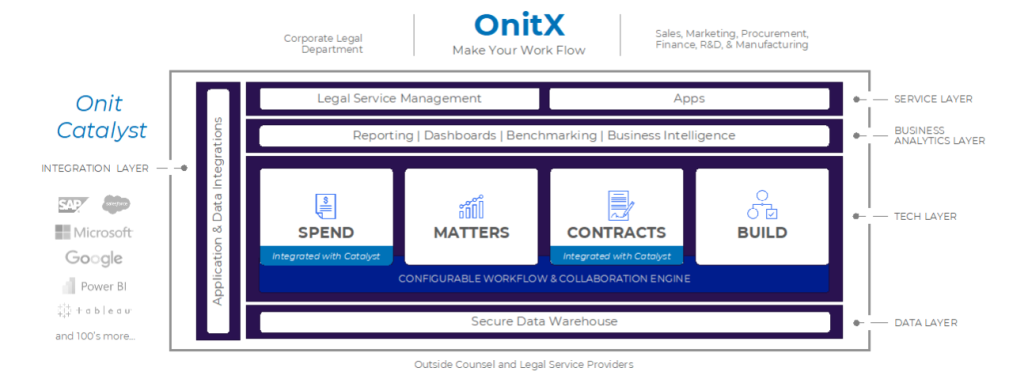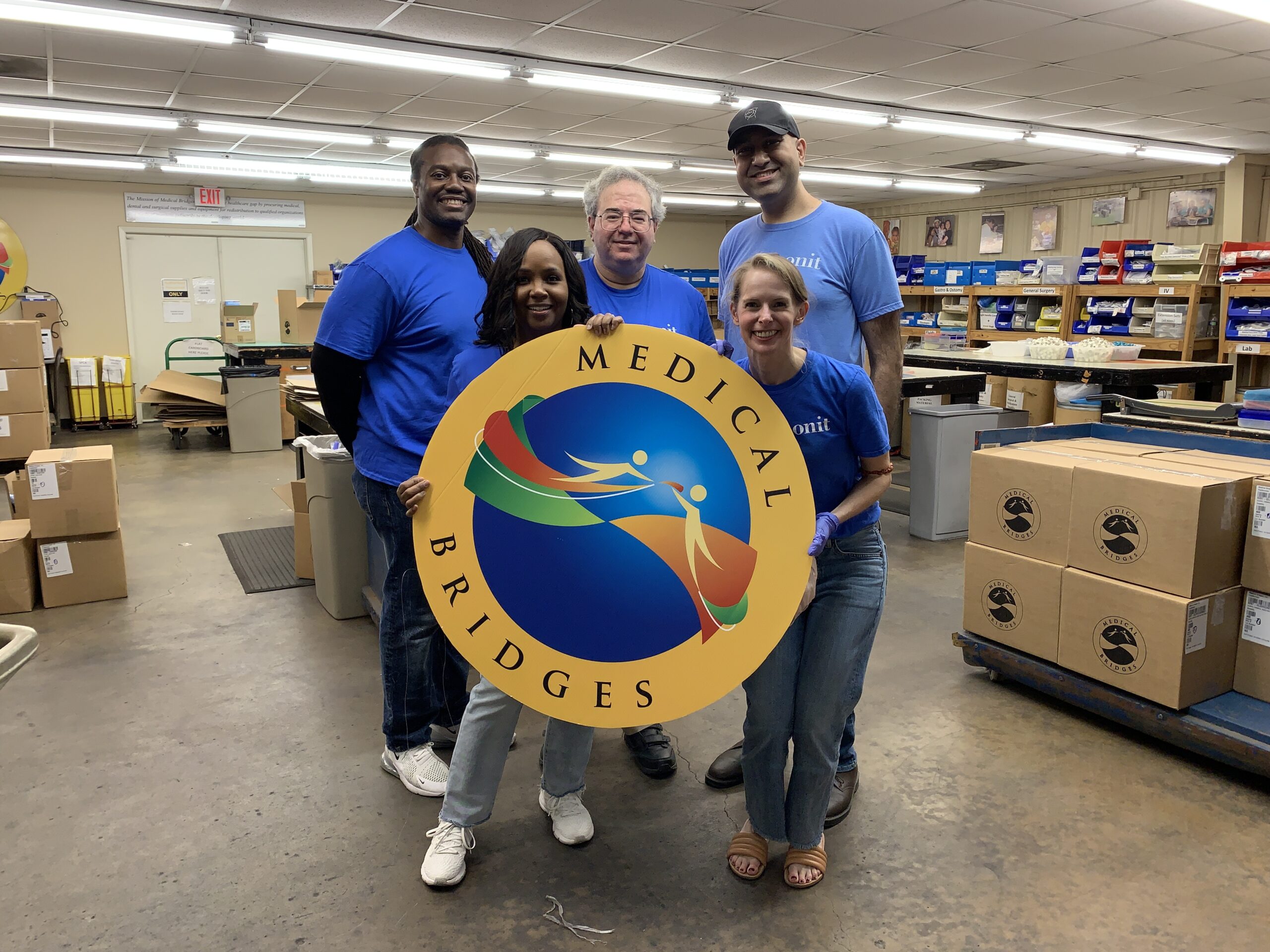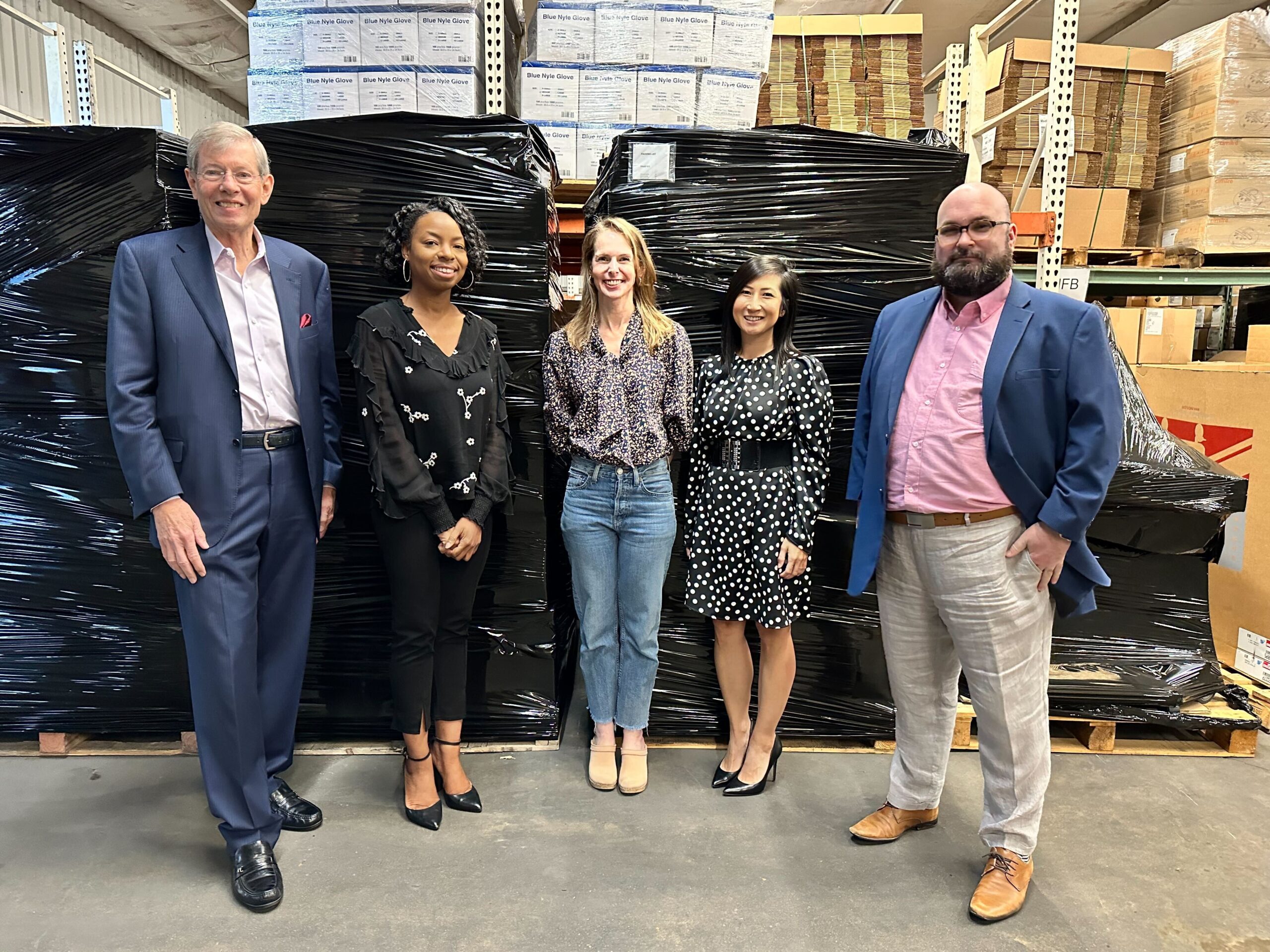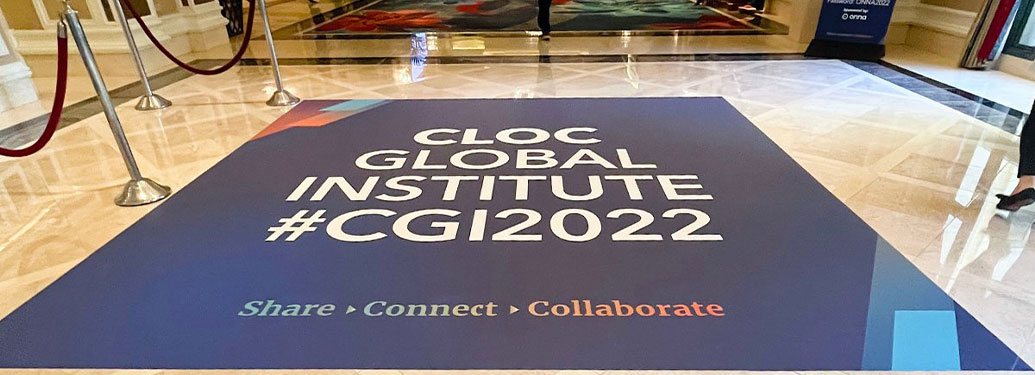
This multinational study uncovers the power of legal departments to influence material growth, business value, and every aspect in between, even during periods of economic uncertainty — through better communication, efficient workflows, and more positive interactions with Legal’s internal clients.
The basis of all relationships lies in their interactions. In quantum physics, all properties are relational. Subatomic particles whirl through space, acquiring new properties only when they integrate with other particles.
When it comes to legal operations, interactions are just as fundamental. They are the underlying atomic units that permit Legal to collaborate and directly impact materiality and operational efficiency, even within our current macroeconomic climate.
The 2023 Enterprise Legal Reputation (ELR) Report, a study of 4,000 enterprise employees and 500 corporate legal professionals spanning the United States, United Kingdom, France, and Germany, focuses on the year-over-year (YoY) impressions of Legal’s brand image and its ability to influence every corner of its businesses, from revenue generation and EBITDA to corporate culture.
We are living in challenging economic times. The mantra everywhere, it seems, is “do more with less.” Yet just as there are clues to solving cosmic mysteries, the ELR Report discloses ways in which Legal can repair the energy and dynamics within its own systems: via better interactions.
THE PEOPLE, PROCESS & TECHNOLOGY OF LEGAL
Many organizations have long embraced a business framework called people, process, and technology (PPT). Designed to optimize efficiency and maintain balance, PPT is common across numerous disciplines, from HR and operations to IT and cybersecurity.
People are necessary to provide talent, wisdom, and insight.
Processes are required to accomplish work with productivity, scale, and efficiency.
Technology assists people in executing processes to achieve innovation.
So much has changed across the corporate landscape — and the world — since the 2022 Enterprise Legal Reputation (ELR) Report debuted. Last January’s boom economy is now a bust, besieged by geopolitical conflict, inflation, and devastating layoffs. Cost containment and EBITDA have emerged as major business priorities. However, the principal finding in 2022’s ELR Report continues to echo and is, in reality, magnified now in 2023: Legal can, and should, play a meaningful part in generating and elevating business materiality and growth.
In times like these, managing people, process, and technologies in triangulated fashion enables legal professionals to materially impact their businesses more than they ever have, or have ever been expected to, before. PPT transforms the way Legal is valued, evolving the department’s brand image from a back-office, tactical function to a front-office business driver, material influence, and cultural champion.
The first chapter of the 2023 ELR Report delves into perceptions of Legal’s brand image through the lens of corporate employees. It reveals that while almost four in five (78%) respondents acknowledge the enduring image of the legal department as a trustworthy protector of the business that offers sage advice, less than one in three (27%) considers Legal a good business partner.
Further, relationships with Legal have declined in every department in less than a year. Even interactions with “Legal-friendly” allies, like HR and Finance, have fallen from 62% to 56% and 62% to 51%, respectively. Functions that traditionally mesh less well with Legal — those that perhaps push the proverbial envelope and blur the metaphorical lines — like Sales and Procurement have plummeted even more, from 43% to only 30%, and 37% to just 22%.
That said, functions that interact most with Legal still experience the best relationships. The more Legal collaborates with a department, the stronger its relationship tends to be. And when it comes to measures of materiality, like sales and revenue generation, Legal truly stands out. More than half (56%) of employees acknowledge that Legal positively impacts sales and revenue operations. A similar number (53%) say Legal accelerates deal cycles –- a YoY increase of five percentage points.
LEGAL’S QUANTUM LEAP
A jump between energy levels by electrons orbiting within an atom is known, in the world of physics, as a quantum leap.
As enterprises control costs and overhaul operations, Legal needs to take a true quantum leap into the role of direct material influencer by becoming a more interactive partner that communicates effectively and responds efficiently. In fact, nearly half (43%) of ELR corporate employees specifically state that greater communication and collaboration is the most essential way Legal can support its internal clients, especially amid economic uncertainty.
Fission and fusion are quantum processes by which atoms change. Fission occurs when a neutron smashes into another atom, causing it to split. Fusion occurs when atoms amalgamate and merge. Vast amounts of energy are released by both, but fusion creates the most long-term impact –- as well as greater safety, stability, and sustainablity.
The same can be said of Legal, its internal clients, and executive teams as they continue to search for new strategies to achieve greater EBITDA and drive profitability in a positive and meaningful material way.
People. Process. Technology.
Interacting and collaborating with people.
Streamlining efficient processes.
Bringing people and process together with modern, innovative technology.
This is Legal’s moment of impact. It’s time for Legal to stand out as a business protector and partner in the eyes of its clients –- and these three elements can fuse to create a game-changing, materially successful, and future-proof legal department of tomorrow.
Read Chapter 1 of the 2023 ELR Report to discover new and enduring perceptions of the legal department, how corporate employees view their interactions and relationships with Legal, and ways in which Legal can evolve its brand image to more directly impact revenue generation, growth, and operational efficiency.
